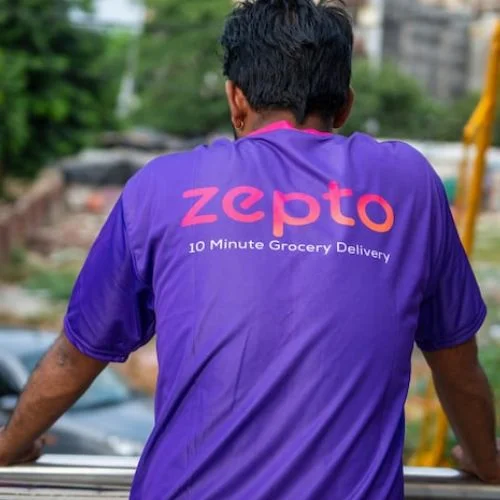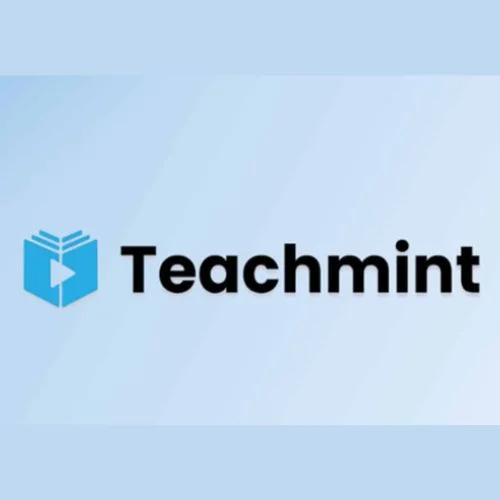Paytm also stated that it will continue to onboard new offline merchants and offer them payment services such as All-in-One QR, Soundbox, Card Machines, etc.
Paytm Payments Services Limited has been asked to resubmit its application to operate as a payment aggregator by the Reserve Bank of India (RBI). Paytm Payments Services’ onboarding of online merchants has been halted by the banking regulator. The company will not accept new online merchants while approvals are pending.
The company in an exchange filing said,” Our 100% subsidiary, Paytm Payments Services Limited (“PPSL”), is in receipt of a letter from Reserve Bank of India (“RBI”) in response to an application from PPSL for the authorization to provide payment aggregator services (“PA application”) for online merchants.
One97 Communications (OCL), which owns the Paytm brand, had proposed transferring the payment aggregator services business it had undertaken to Paytm Payments Services (PPSL) in December 2020 to comply with Reserve Bank of India (RBI) payment aggregator (PA) guidelines. Still, the banking regulator rejected its application. In September 2021, the company resubmitted the required documents.
According to the letter, PPSL must take the following actions and resubmit the PA application within 120 calendar days:
1. Obtain necessary approval for the Company’s previous downward investment in PPSL in order to comply with FDI Guidelines.
2. Failure to accept new online merchants
Other than what has already been mentioned, there are no material observations. This has no material impact on our business or revenues because the RBI communication only applies to the onboarding of new online merchants.
Paytm also stated that it will continue to onboard new offline merchants and offer them payment services such as All-in-One QR, Soundbox, Card Machines, and so on.
Likewise, PPSL can continue to do business with existing online merchants, whose services will be unaffected.
The company stated that it is hopeful of receiving the necessary approvals and resubmitting the application in a timely manner. PAs are entities that enable e-commerce sites and merchants to accept various payment instruments from customers in order to fulfill their payment obligations without the need for merchants to develop their own payment integration system.
According to the RBI’s PAs guidelines, a single entity cannot continue to provide an e-commerce marketplace and payment aggregator services at the same time, and such payment aggregator services must be separated from the e-commerce marketplace business.















